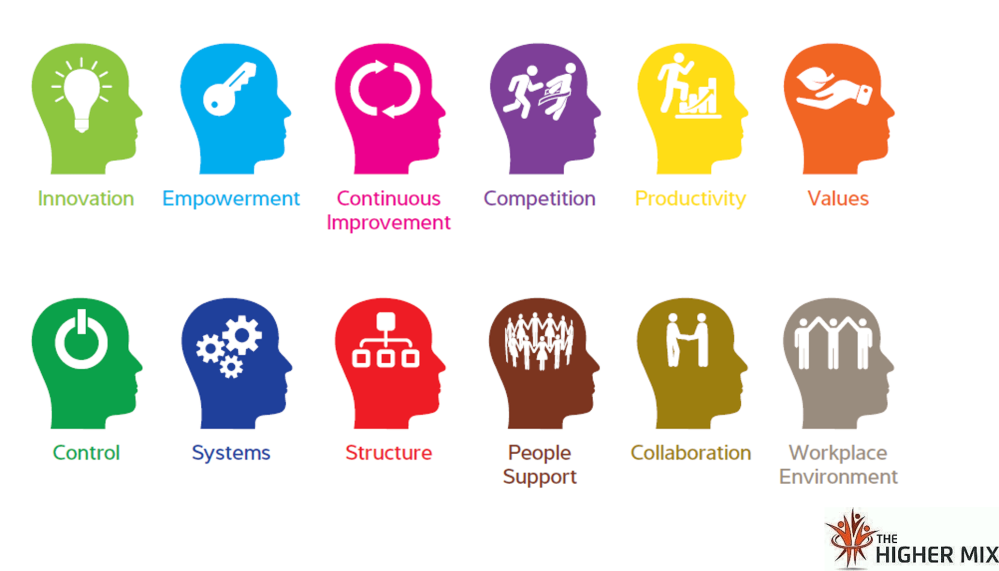Ethics In Higher Education Administration
What are ethics? Ethics are moral principles that govern a person’s behavior or the conducting of an activity. In higher education, we must use ethical methods when assessing learning. While Accreditation is important because of the benefit to receive Title IV funding, Institutions should conduct assessments to produce a great service to students. Assessment outcomes should not only be for economic benefits but to gain knowledge for continuous improvement and the overall experience of the student.

Institution administration, Teachers and Academic Staff all play a role to help and promote ethical behaviors. All Faculty and Staff should incorporate ethical behaviors in everyday activities. Student support tools should be created to focus on student support for retention and completion. In addition, design and planning tools, to support curriculum, learning design, and the environment in which learning is promoted. (Slade, S. 2016) The quality of learning should be one of the main focuses of an institution, “performance data should be used to help better understand how students use course resources as a part of their learning; aspects of peer learning; and whether aspects of study are avoided or found to be particularly challenging in order to highlight content for redesign” (Slade, S. 2016).
Ethical considerations should be used when conducting assessments, conducting research and decision making. When doing so, assessment data will be more accurate and can benefit the Institutions and its students. The goal of higher education is to serve the public good, thus assessment data should be revealed to the institution’s community, whether good or bad. When making the information public, insitions should also state how they will actively improve on each matter.
Should Assessment data only be revealed the institution’s community or made public to anyone, anywhere?
Reference
Slade, S. (2016). Application of student data in higher education: Issues and ethical considerations (pdf). ITHAKA S+R. Retrieved from http://www.sr.ithaka.org/wpcontent/uploads/2016/09/SR_Report_Slade_Applications_Student_Data_Higher_Ed_090616.pdf.


